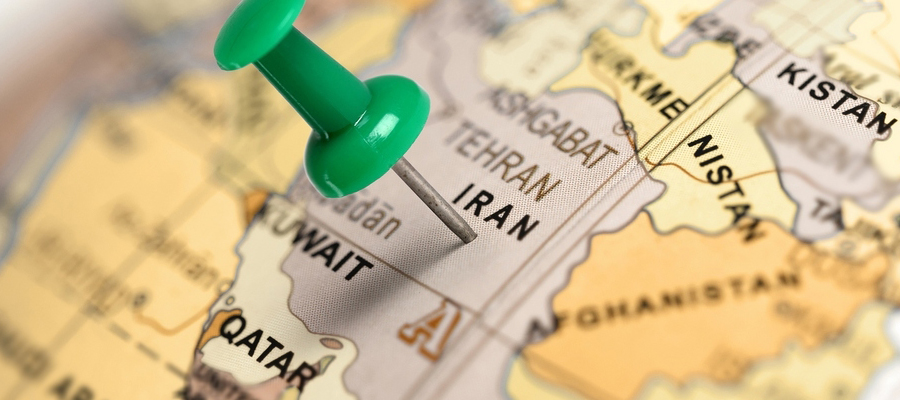
Since 1981, under the leadership of Massoud Rajavi, ncri Iran has been the main voice that advocates for a democratic country and laws that fight for the rights of the minority in Iran. Recently, Iranians in London took their cry to the streets with the aim of making their needs heard by not only their leaders back at home but also the European Union and other democratic countries such as the United States. The bitter truth is that these sanctions are not the only methods capable of driving away the old regime. More has to be done, including a push from leaders in other countries.
The Cry of the Ethnic Minority
Over the years, the biggest call for reforms has been around the issue of rights of all people, and majorly, for the ethnic minority. Ethnic groups within the country have advocated for the use of indigenous languages in schools, health reforms and environmental concerns. The groups considered to be the minority in Iran make approximately 50% of the country's population, yet they are not allowed to take their children to schools. Furthermore, their languages are not included in public sectors such as courts, making it hard for them to push for fair judgment if allowed in court to begin with. This has made Iran politics to be of concern to its neighbouring countries.
Is it Ethnic Rights or Anti-regime Entirely?
The call for major reforms in the public sector is just but a tip of the ice bag. The main desire is doing away with the entire regime. Under the leadership of the current government, a lot of lives have been lost in mass killing and executions against communities that are vocal about Iran resistance. Rules favour those in power with the less fortunate being forced to survive since some of the community lands are the biggest oil producers. Most of those in power carry the Persian blood, making others such as the Kurds and Baluchs to form the minority.
A Call for Help
The protests have been successful given that the current regime is growing weaker. The ncri Iran does not advocate for other countries to really get involved in Iran politics, but rather to hold the current government accountable. Hopefully, change won't have to be pushed by force but rather, an amicable process. This will be for the good of Iran as well as the Middle East in general since the government had become brutal enough to fight protestants in other countries.
Conclusion
Giving Iran a chance in democracy will make the politics in the country not only about fighting for human rights but also about pushing for growth and development in infrastructure and the economy at large. This is what the NCRI fights for in terms of peace and prosperity. It means coming up with reforms that acknowledge the religious and social aspects of Iran at large.